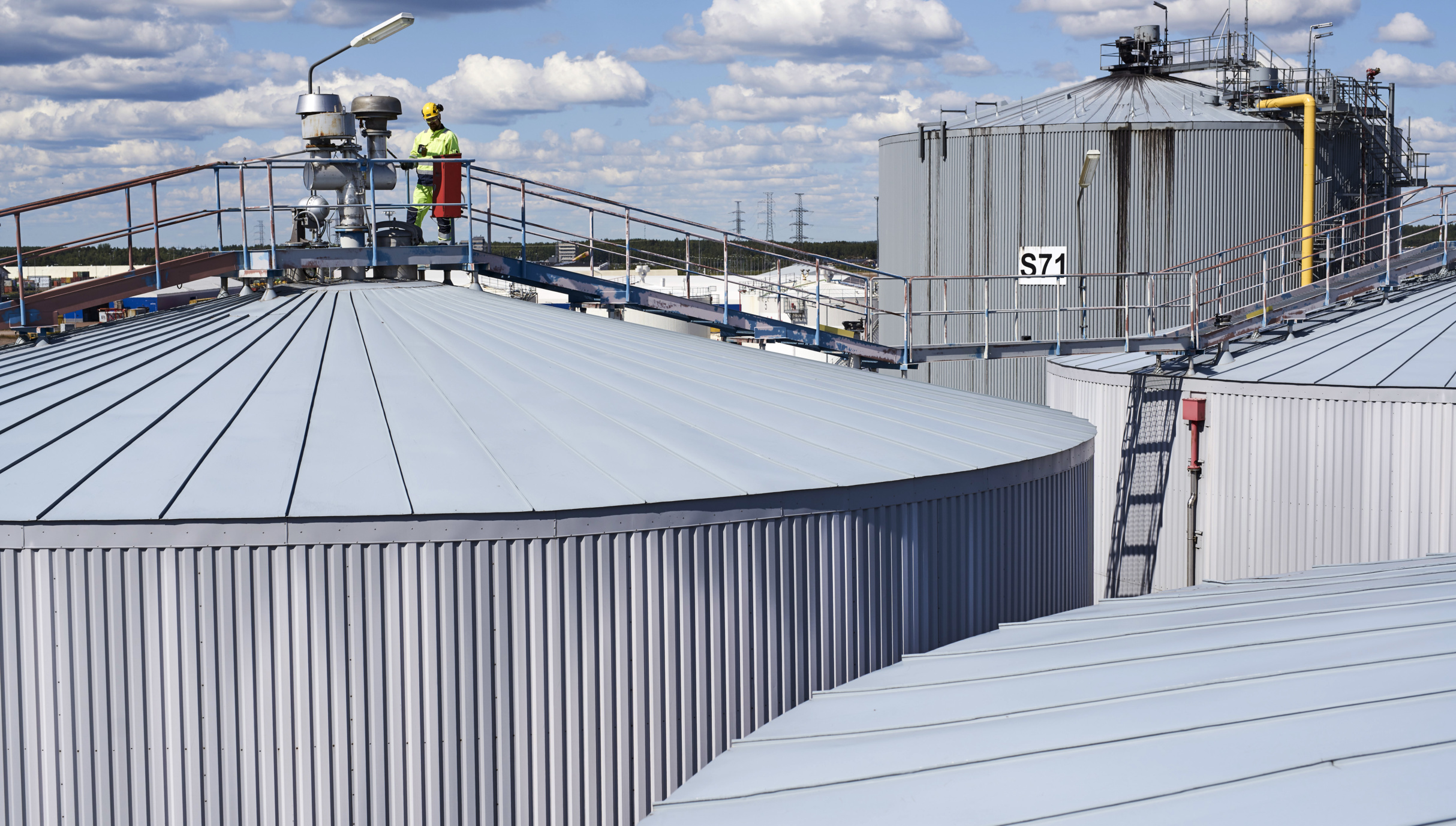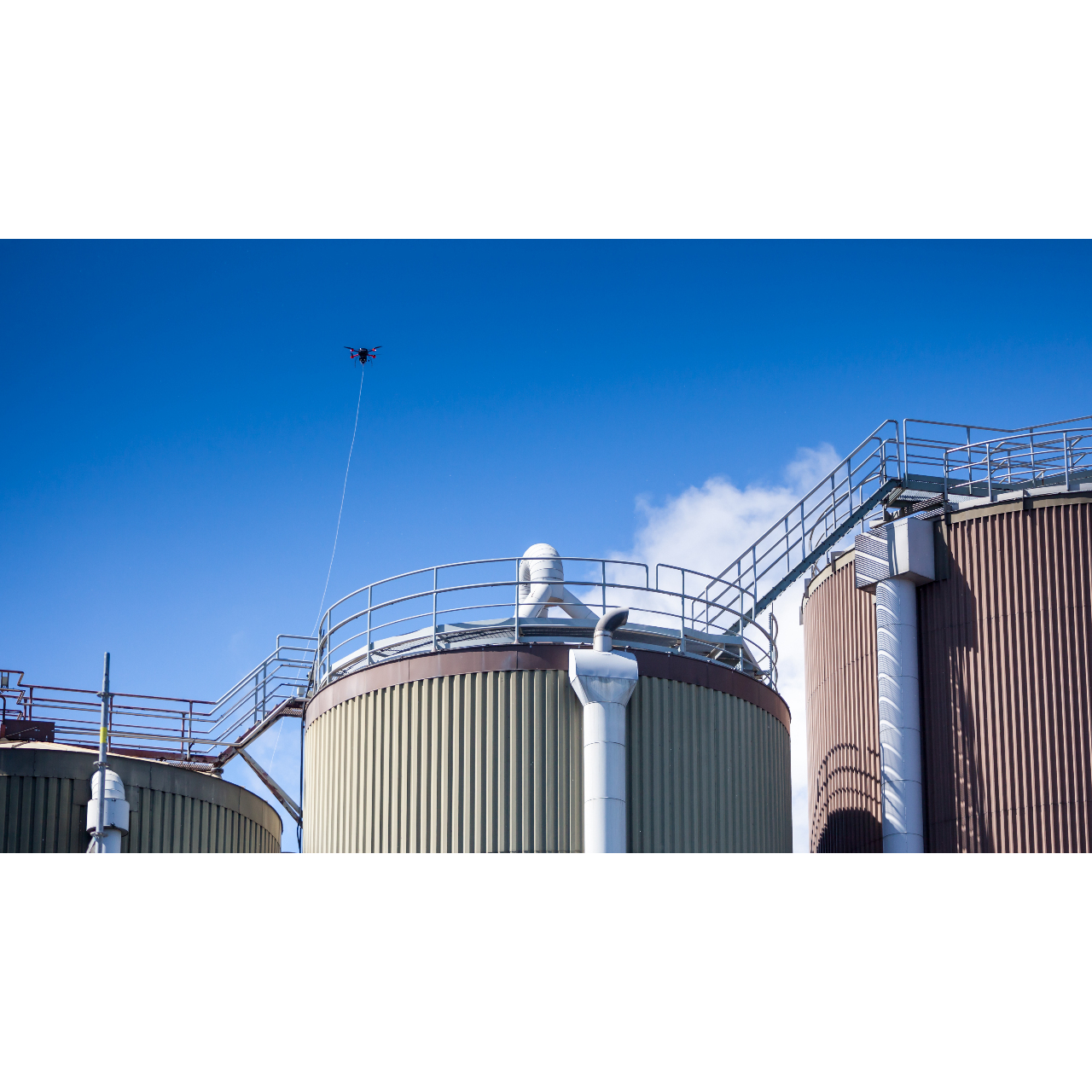
Detect Leaks
Site-level (top-down) information on leakage locations and volumes
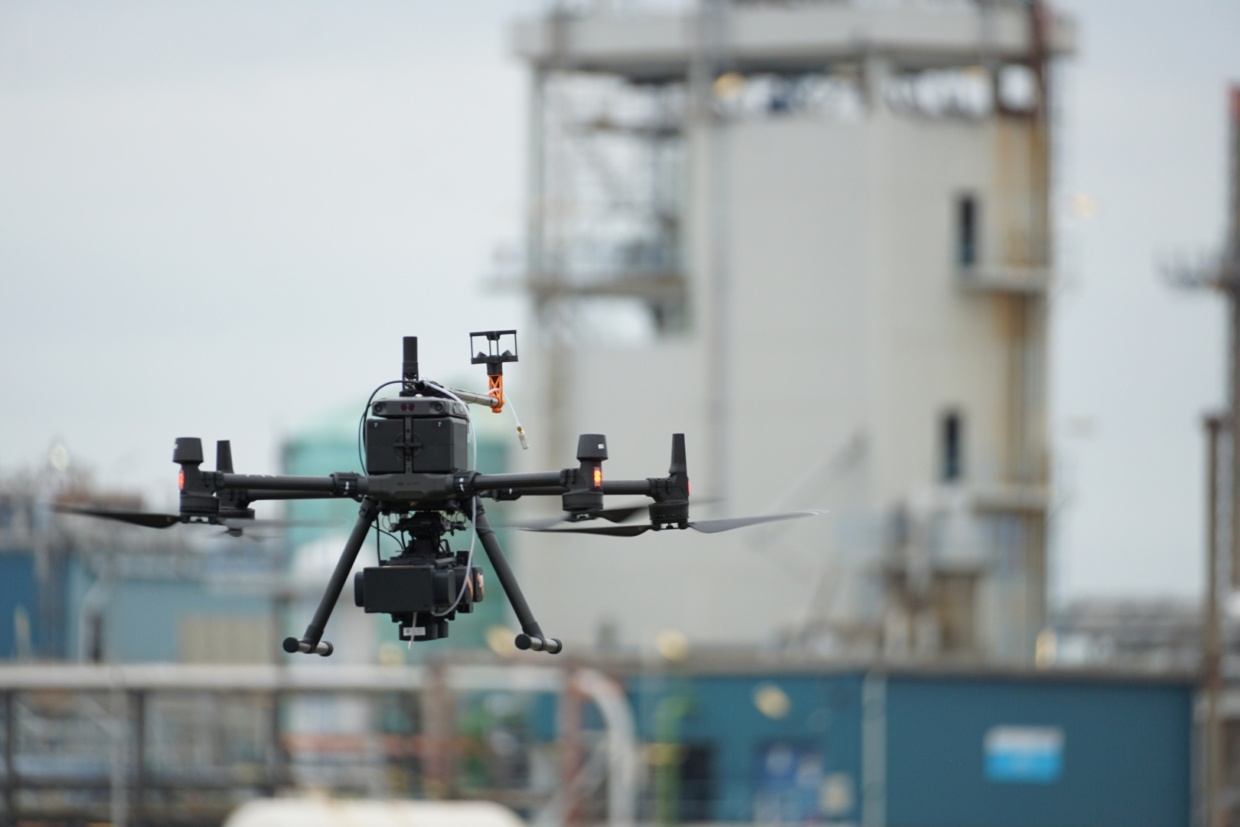
We can locate and quantify leakages across large industrial areas using the most effective methods available. Identifying and addressing leaks not only supports compliance with regulations such as EU 2024/1787, OGMP 2.0 guidelines, and EN17628:2022 but also enhances operational efficiency and sustainability efforts. Uncontrolled emissions can lead to material losses, regulatory penalties, and reputational risks—each detected and fixed leak means long-term savings in process costs while reducing environmental impact.
Our Approach to Measurements
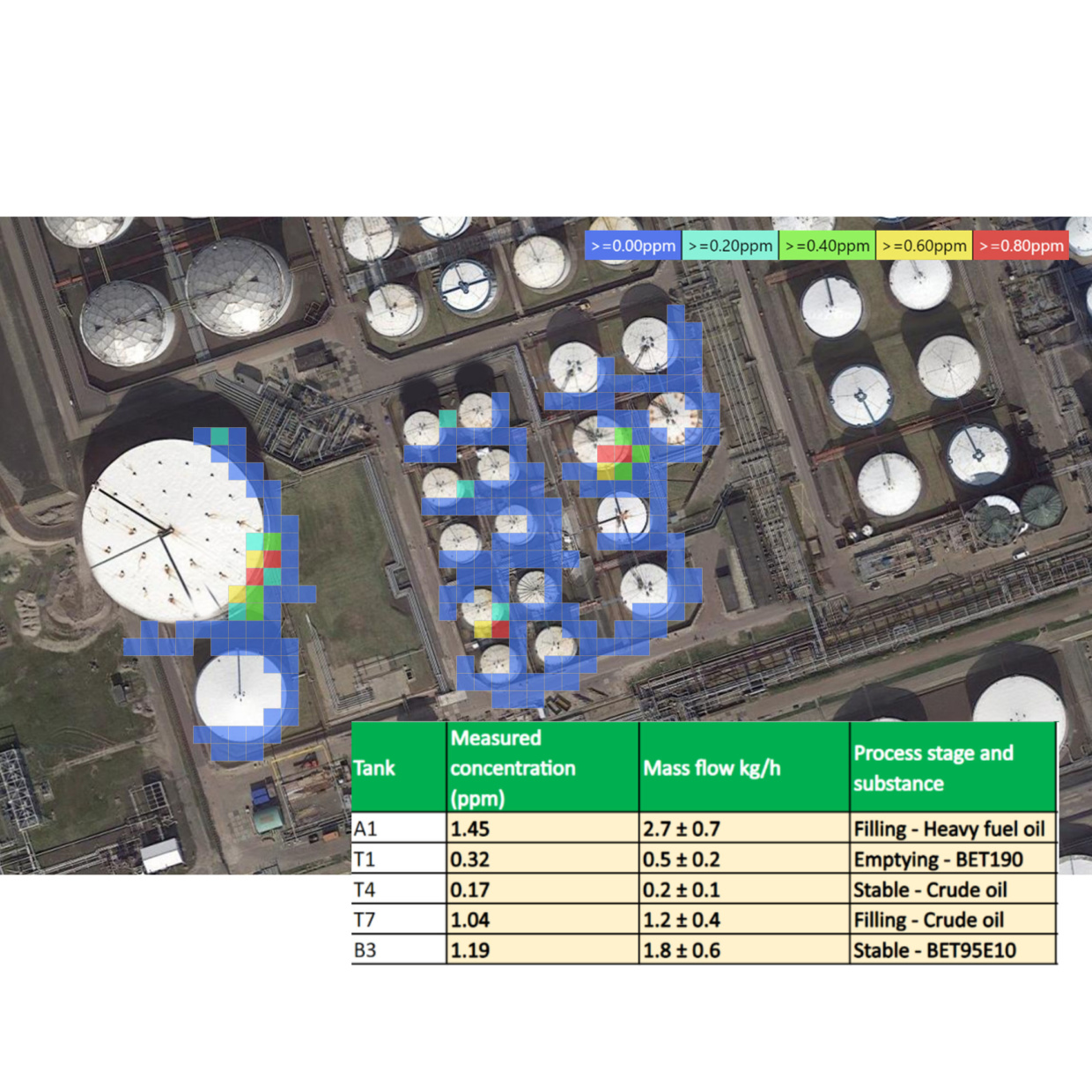
Everything starts with locating possible leakage sources and identifying structures alongside you to form a measurement plan; this document includes the used measurement methods and relative site information. Such information would commonly arise from ATEX restrictions, where the measuring paths are chosen together with site personnel to be able to give points for source locations and further elaborate the degree to which they are emitting.
For emission quantification, we utilise different algorithms, such as Reverse Dispersion Modelling and Mass Balance. Multiple algorithms enable us to choose the most suitable one for the site, source areas and the environmental conditions during the day. Our accuracy and ability to detect methane leakages down to 10 g/h has been validated in controlled test releases. Results are provided together with respective dynamic error margins calculated with source specifics & environmental conditions individually for each source.
Expertise and Experience
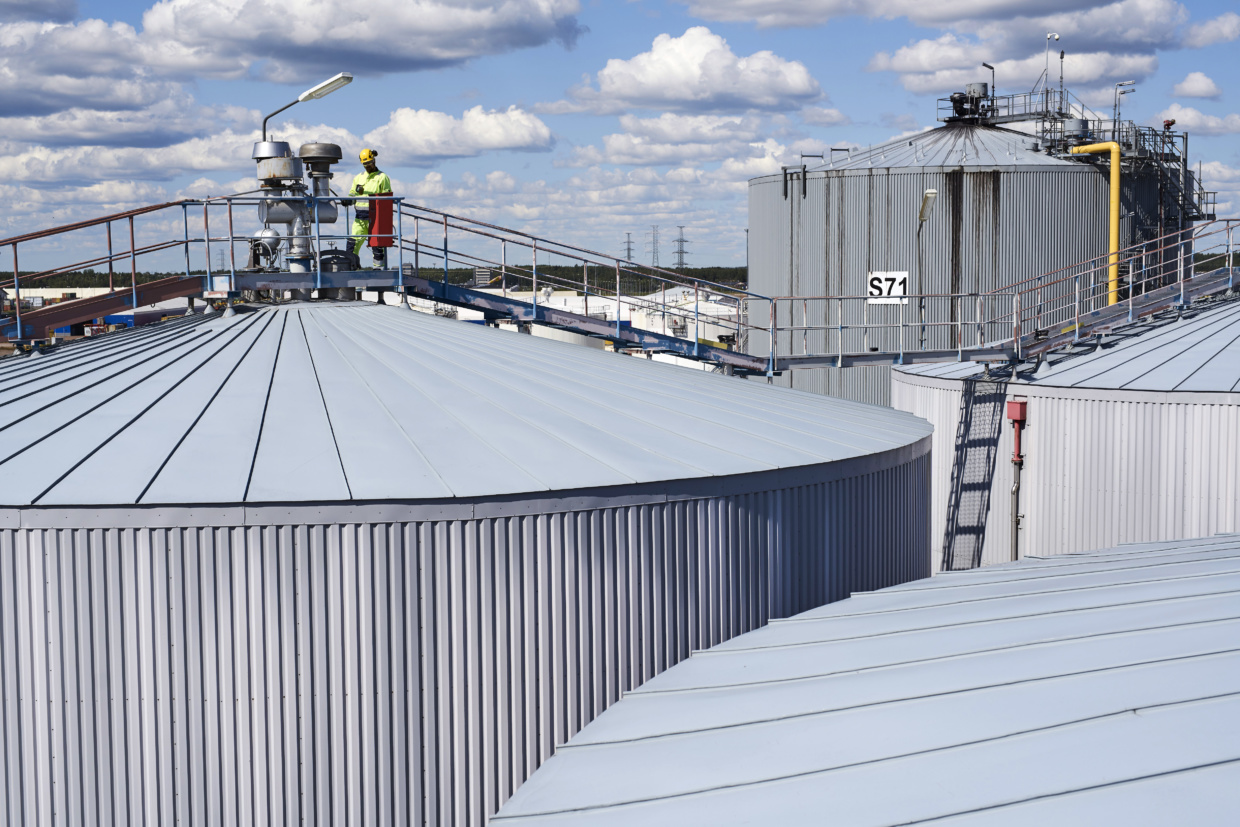
Comparative testing has been done in multiple projects including one provided by the European Gas Research Group, GERG; these were created to give insight into the OGMP 2.0. framework and the Gold Standard of reporting. During the two-phase project, site level (top-down) methods were compared against results from source level (bottom-up) methods.
In the first phase, our method outperformed all other drone-based approaches and was chosen to continue to the second phase, the results of which are to be announced. These campaigns helped us hone our technological expertise, as well as refine our methods and understanding of how the surroundings affect the hyperlocal wind conditions.
Typical Target Parameters
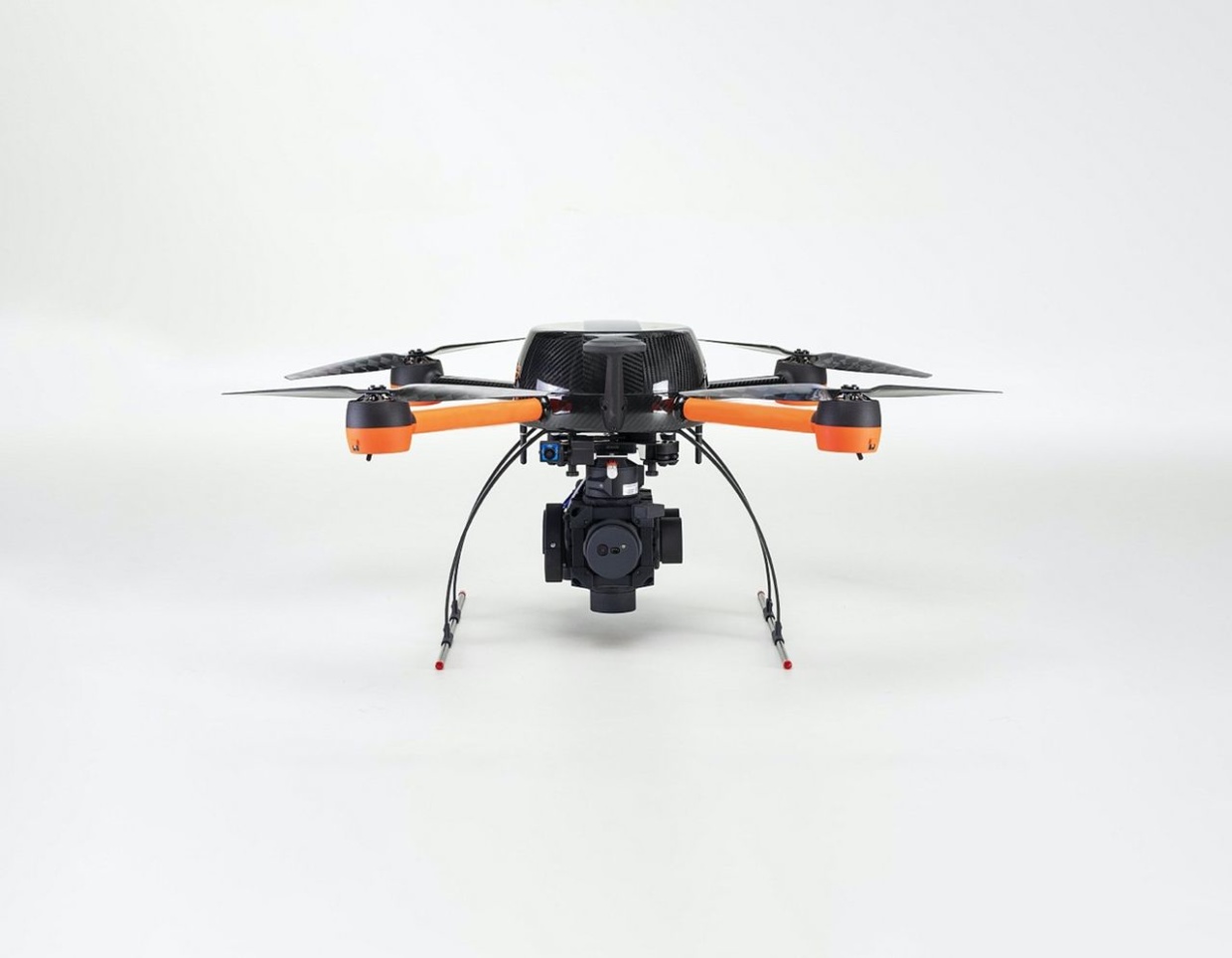
In addition to methane, our leak detection and quantification methods effectively detect various other compounds such as ammonia, volatile organic compounds, and benzene. As sensor technology advances, so does the accuracy of our results in both reporting the concentrations and the mass flow rates.
As we continue to develop, we will improve our evaluation methods for larger and more irregular emission sources, such as landfills and bodies of water, as well as even more compounds than currently available.
We are happy to elaborate more on this subject and actively welcome future campaigns and challenges.
Our Service Model
We tailor our services to aid in your mission

Single Measurements
We offer one-time measurements to address pressing issues or as the basis for further collaboration. This is a turnkey package that comprises of planning, performing and reporting on the measurements.

Recurrent Measurements
We implement periodic surveys of sites in aid of your environmental targets. A business model is created to ensure successful integration into your workflow.

Long-term Monitoring
By way of rental agreement or continual monitoring, we deliver our most hands-on service. Based on purpose, this could include continuous reporting and in-person training.
Our Measurement Workflow

Planning
We map out each measurement with you to ensure the set objective is realised. This is formed by an open discussion at a level of specificity necessary for the site.

Measurements
Whilst on site, we remain in close contact with you and adapt to any changes in conditions. Preliminary results are provided as the measurements progress.

Reporting
Once the survey has concluded, we prepare and deliver a thorough report that we go through with you in an online meeting. This provides an opportunity for addressing any questions you have and discussing future measurements.
Contact our experts to know more!




